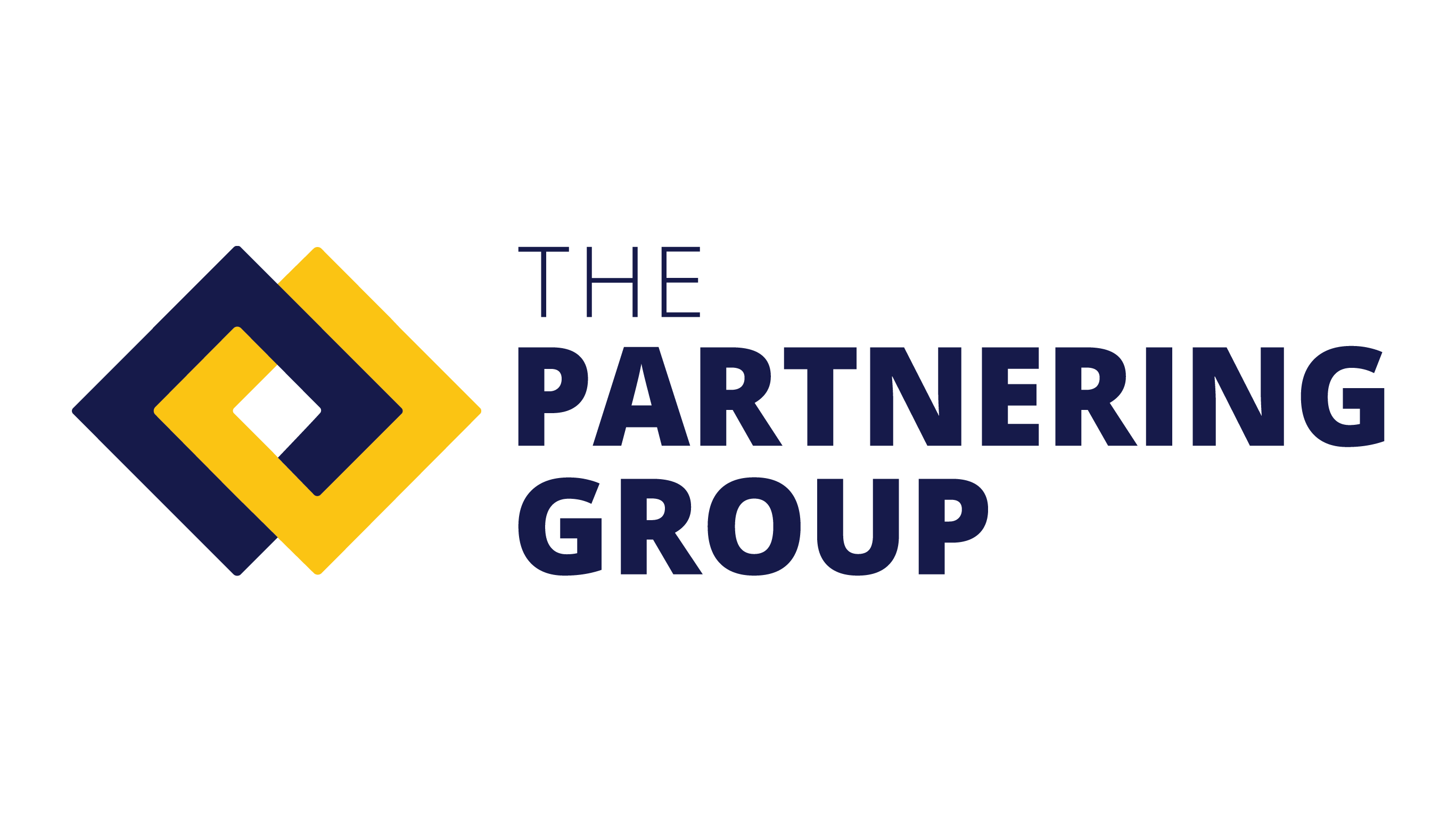- February 9, 2018
- Posted by: tpgstaging
- Category: Blog

Talent Development is widely known for identifying, attracting, developing, retaining and rewarding employees in order to achieve organizational goals and objectives. In simpler terms, talent management is a strategy that involves hiring the right people and enabling them to maximize their individual talent. Industries recognize TD as a high priority and business claim its importance to them. Yet it is estimated that fewer than 50% of businesses have a TD strategy and of those having one many feel their strategy is not working well. One of our clients summed it up this way: “Our talent development program is like our advertising… half of it works – we just don’t know which half.”
Talent Development/Management Remains an Industry Priority:
A couple of the most recognized reasons for its importance in almost any industry is that retaining top talent saves in the costs of recruiting and hiring new talent and experienced employees already know the job and are producing results. The value of talent management though extends far beyond those basic reasons. Best-in-class talent development “programs” have a primary focus of building competencies that includes a complete competencies toolkit. Competencies, the characteristics required to enable success in performing a specific area of work, fall into two major areas:
- Leadership: General skills and behaviors that contribute to superior performance like problem solving, maturity, judgement and working with others.
- Functional: Job/role -specific skills and behaviors that drive proven high-performance, quality results for a given position; functional competencies augment leadership competencies. Functional examples might be sales, marketing or Category Management.
Talent Development is Evolving: There are a number of advancements with today’s talent management. Technology is playing a much greater role; over 80% of businesses are doing some sort of on-line training*. Blended learning is being recognized as a key component of talent development. The changing workforce is dealing with aging workers and skill gaps created by the loss of top talent. And the need for strategic thinkers is becoming more evident – employees simply executing day-to-day tasks will not be enough for businesses to keep or create a competitive edge.
There are a number of advancements with today’s talent management. Technology is playing a much greater role; over 80% of businesses are doing some sort of on-line training*. Blended learning is being recognized as a key component of talent development. The changing workforce is dealing with aging workers and skill gaps created by the loss of top talent. And the need for strategic thinkers is becoming more evident – employees simply executing day-to-day tasks will not be enough for businesses to keep or create a competitive edge.
What is Right for Your Organization:
Bottom line: Best-in-class talent development programs are specifically focused on developing employee skills and competencies. These programs create a culture of learning that become a way of life. We (TPG) see this as a science and will share in our next article the “Must Have” factors for a best-in-class talent development program.
*2016 Industry Training Report
Authors Note
This is first of twelve articles of TPG’s series 0n Talent Development Excellence.

